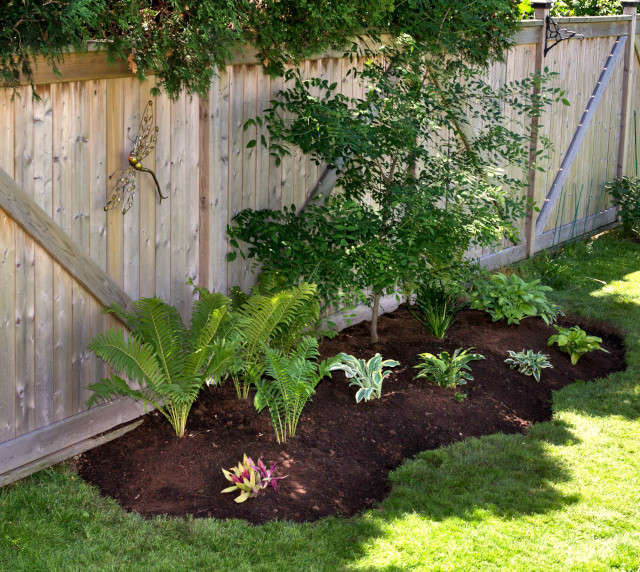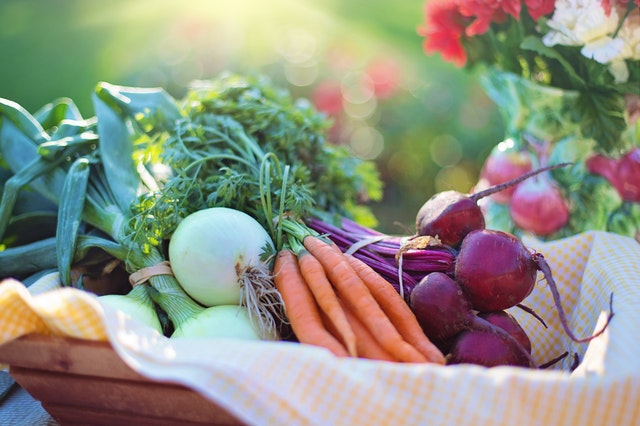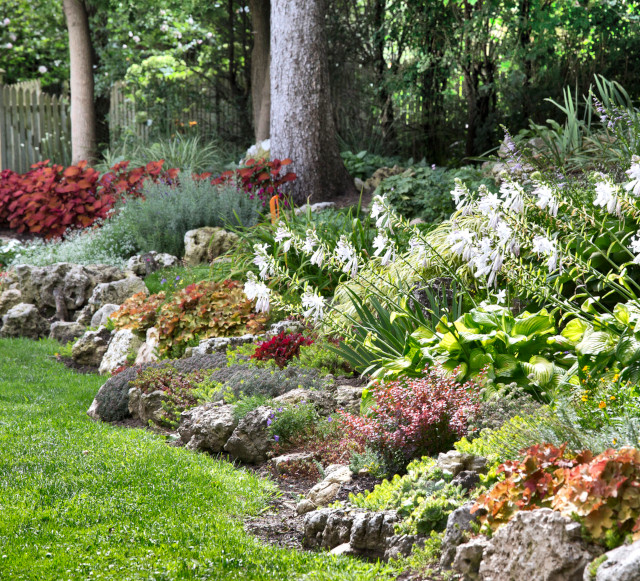Soil pH Levels: Why They are Important?
Contrary to what some non-gardeners might think, it’s not just dirt. The quality and makeup of your soil has a lot to do with how much success you have growing things in your garden or even your lawn. Soil pH levels have a huge impact on the health of the plants you grow.

Soil pH Matters
One of the big things you should be aware of is your soil’s pH level. Having this information can help you troubleshoot if you’re having problems getting certain plants to thrive. Whether your soil is too acidic or too alkaline, having those levels out of whack makes it harder for your plants to get the right balance of nutrients they need. They might absorb too much or too little. This can stunt their growth, cause their leaves to turn yellow or wilt, and may make the stems develop poorly. Depending on what you’re trying to grow, any extreme soil pH level could kill the plants entirely. Most fruits and veggies want soil with a neutral pH or slightly more acidic, but there are exceptions!
So How Can You Fix this Problem?

First off, you need to know where you’re at so you can figure out where you need to go. There are test kits available online and through most local garden centers. You could also complete a home test without a kit; find out more here. Alternatively, you can send soil samples to a lab. The pH scale goes from 1 to 14. The lower the number, the more acidic the soil is; the higher the number, the more alkaline it is. Generally speaking, limestone helps raise your soil pH levels while sulfur lowers it. Be sure to follow the directions carefully when applying either to your lawn or garden.
Applying Limestone or Sulfur to Balance Soil pH
The fastest way to get limestone or sulfur to work is by mixing it into the top six inches or so of your soil. If you want to take a more gradual approach, you can just spread it on top of the soil and let it work its way in. Once you’ve put on an application, wait two or three months. Then you can test your soil again to see if it needs another round of treatments. It’s a good idea to regularly test your soil so you can be aware of any shifts in the soil pH levels early on.

Start With the Best!
Another good idea is to incorporate BigYellowBag Black Garden Soil into your gardens and lawn. The light and fluffy properties of the soil make it a fantastic growing medium for every kind of plant. BigYellowBag Black Garden Soil is made up of a mix of black loam, peat loam, compost, and manure. Loam is a soil type comprised of sand, silt, and clay in the right ratios. This ensures there is the perfect balance of drainage and moisture retention. Due to the essential nutrients and organic matter it contains, Black Garden Soil will definitely grow everything better. It also has a good, neutral soil pH level, which can help you maintain balance in your garden beds and on your lawn.
